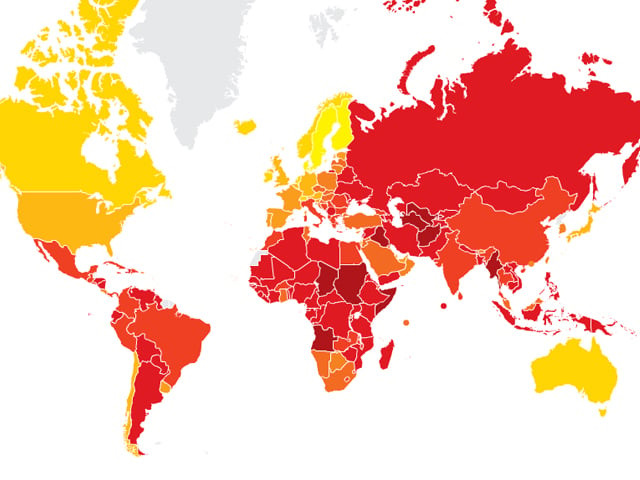Perception of corruption
Pakistanis need to be convinced that the tax they pay is actually being put to good use and not being pocketed.

During the two years of Mr Zardari’s presidency, Pakistan has slipped 13 places in the corruption rankings but it is not as if the situation during the government of Pervez Musharraf was markedly different. By and large, Pakistan has suffered from a perception problem for well over the past two decades. Corrupt individuals in the government can be found in the developed world’s democracies as well, but what sets them apart from a country such as ours is that in the developed democracies, governments try and take serious measures to curb such corruption and do all that they possibly can to catch and punish those involved. That is where Pakistan consistently fails and this brings one to the larger issue of what needs to be done to arrest the slide into evermore corruption. For starters, the award of government contracts and tenders, as well as procurement, should follow the government’s own well-defined and detailed rules. Furthermore, all appointments to government posts, senior or otherwise, should be made on merit and not given to party loyalists. The people of Pakistan need to be convinced that the money they pay in tax is actually being put to good use and not pocketed by a handful of people in high and powerful places.
Published in The Express Tribune, October 28th, 2010.















COMMENTS
Comments are moderated and generally will be posted if they are on-topic and not abusive.
For more information, please see our Comments FAQ